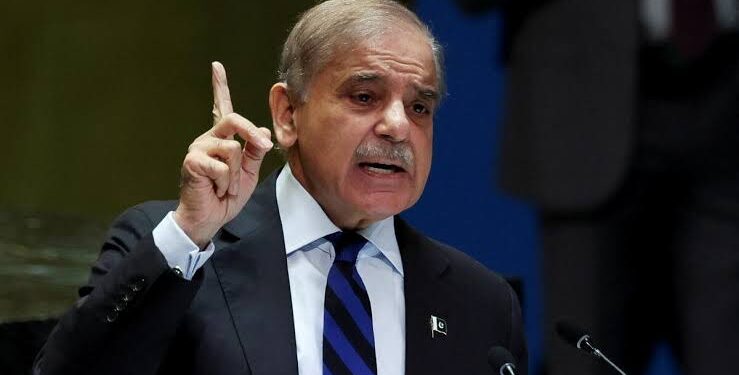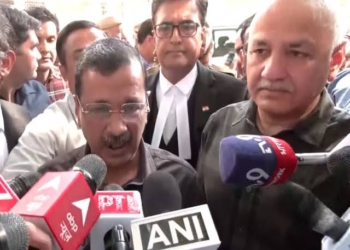Pakistan on Friday expressed strong disapproval of Prime Minister Narendra Modi’s recent remarks blaming Islamabad for the April 22 Pahalgam terror attack.
The Pakistani Foreign Ministry stated it was “dismayed” by the accusations and called them “baseless and misleading.”
Addressing a gathering in Katra, Jammu and Kashmir, PM Modi condemned the attack as a direct assault on “insaniyat and Kashmiriyat”, stating that the terror strike was intended to incite communal violence and disrupt the lives of Kashmir’s hardworking people.
“That is why Pakistan targeted the tourists,” he added.
The Prime Minister also lauded the resilience of the people of Jammu and Kashmir, especially the youth, for resisting Pakistan’s attempts to destabilize the region. “This is the same terrorism that burned down schools, destroyed hospitals, and ruined generations in the Valley,” he noted.
In response, Pakistan’s foreign ministry released a statement rejecting PM Modi’s claims.
“We are deeply dismayed that the Indian Prime Minister has once again chosen to accuse Pakistan without presenting a single piece of credible evidence,” the statement read.
Tensions between the nuclear-armed neighbours escalated sharply after the April 22 terror attack in Baisaran near Pahalgam, where 26 civilians, mostly tourists, were killed. In response, India suspended several diplomatic and water-sharing mechanisms with Pakistan, including the Indus Waters Treaty.
On May 7, India launched Operation Sindoor, targeting nine terror hubs across Pakistan and Pakistan-occupied Kashmir (PoK), reportedly killing over 100 terrorists.
Following these strikes, Pakistan attempted retaliatory moves including cross-border shelling, drone intrusions, and aerial surveillance, all of which were neutralized by Indian forces.
Tensions climaxed between May 9 and 10, when Indian forces conducted a second wave of strikes on 13 Pakistani air bases and military installations.
Eventually, on May 10, Pakistan’s Director General of Military Operations reached out to his Indian counterpart, leading to a mutual agreement to cease all military activity.
Despite the de-escalation, diplomatic rhetoric remains heated, with both sides continuing to trade sharp allegations over cross-border terrorism and regional stability.





























